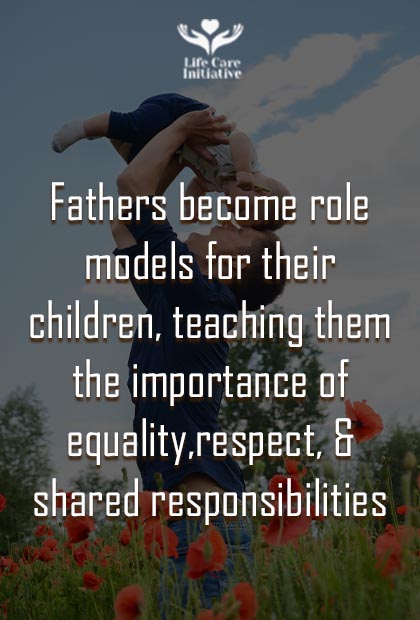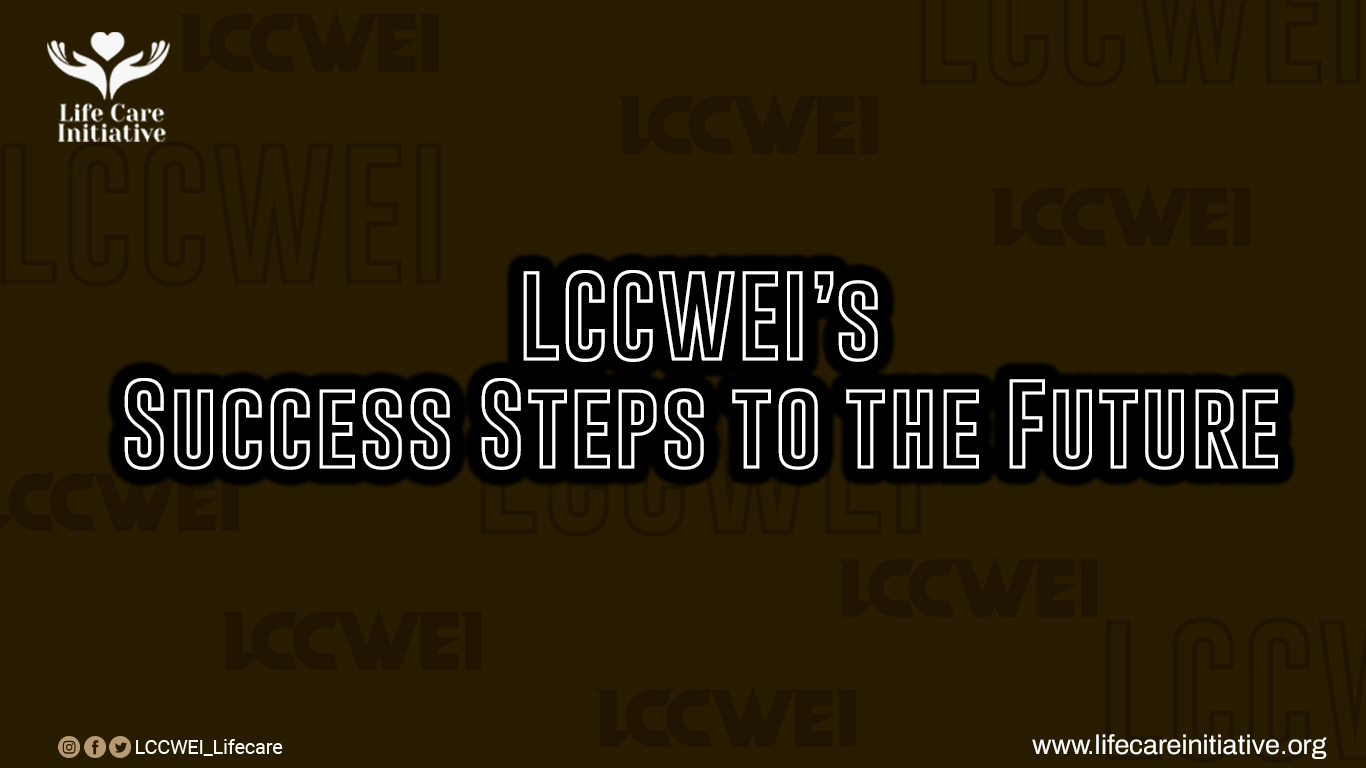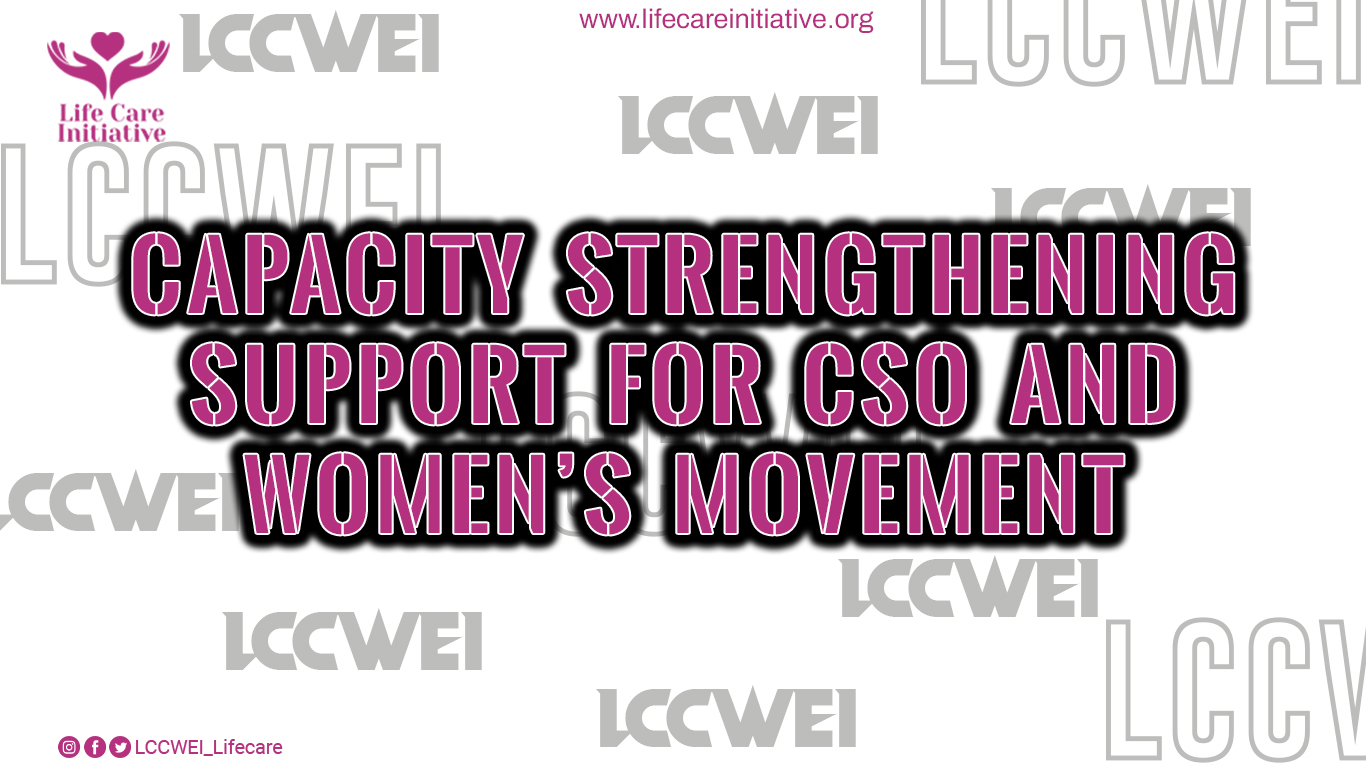In the evolving landscape of gender roles and family dynamics, the significance of fathers in society is often overlooked or undervalued. Traditionally, the role of the father has been portrayed as secondary to the mother’s role in child-rearing and family life. However, it is essential to recognize and embrace the vital contributions that fathers make to their families and society as a whole.
Gone are the days when fathers were solely seen as the breadwinners, providing financial support while remaining emotionally distant. Today’s fathers actively participate in child-rearing, taking on diverse roles and responsibilities within the family unit. This shift is not only beneficial for individual families but also has a positive impact on society at large.

First and foremost, actively involved fathers contribute to the emotional well-being of their children. Numerous studies have shown that children who have a close relationship with their fathers tend to have higher self-esteem, better social skills, and improved academic performance. The presence of an engaged and caring father figure provides a sense of stability, security, and emotional support that is invaluable in a child’s development.
Furthermore, involved fathers promote gender equality and challenge traditional stereotypes. By taking an active role in caregiving and household chores, fathers break the outdated notion that child-rearing is solely a mother’s responsibility. They become role models for their children, teaching them the importance of equality, respect, and shared responsibilities. This, in turn, fosters a more inclusive society where both men and women can thrive and fulfill their potential without being confined to predefined gender roles.
In addition to their impact on the family unit, fathers have a significant influence on society as a whole. Involved fathers contribute to the economy by balancing work and family life, allowing mothers to pursue their careers and contribute to the workforce. This helps in reducing the gender wage gap and promoting financial stability within families. Moreover, fathers who are actively engaged in their children’s lives also play a crucial role in reducing societal issues such as crime rates, drug abuse, and teenage pregnancies. They provide guidance, support, and a positive male influence that can help steer children away from risky behaviors.
Embracing fathers in society means creating an environment that values and supports their involvement in family life. Employers can contribute by offering flexible work arrangements that allow fathers to spend quality time with their children without compromising their professional commitments. Government policies should promote equal parental leave for both mothers and fathers, encouraging active involvement from the early stages of a child’s life. Furthermore, society as a whole should challenge outdated stereotypes and celebrate fathers who choose to prioritize their families alongside their careers.
In conclusion, embracing fathers in society is not just a matter of fairness and equality; it is a necessity for the well-being of families and the progress of society. The active involvement of fathers in child-rearing brings about numerous benefits, including improved emotional well-being for children, enhanced gender equality, and positive social outcomes. By recognizing and valuing the unique contributions that fathers make, we can create a more inclusive society that supports and empowers all parents, regardless of gender, to play an active role in raising the next generation.





